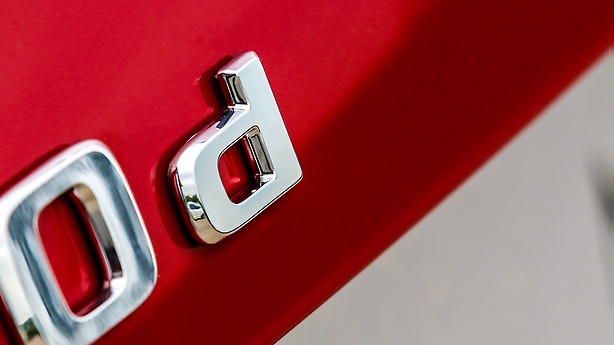As early as 2017, Mercedes-Benz announced at the ‘National Diesel Forum’ in Berlin that it would offer voluntary service measures involving software updates for millions of diesel vehicles in Europe.
Since 2018, various mandatory recalls have been added. According to the legal stance of the KBA, certain specific calibrations of functionalities in the engine control of particular vehicle variants need to be changed. In order to obtain clarity on a complex matter, Mercedes-Benz filed objections against the administrative orders issued by the KBA and asked the relevant court for legal clarification on open legal questions. Separate to the legal clarification of this matter, Mercedes-Benz will implement the recalls, continue to cooperate fully with the authorities, and create transparency.
Of course, our service partners conduct these measures free of charge for our customers, with the process expected to take about an hour. For the majority of vehicles on the roads, software updates have already been installed.
In many markets, we offer online tools to customers to determine whether a vehicle is still part of a mandatory recall or a voluntary service measure. For Germany, the tool can be found here: Online-Tool
An overview of the various orders issued by the KBA to date can be found in the section below.
,xPosition=0,yPosition=0.5)
,xPosition=0.5,yPosition=0)